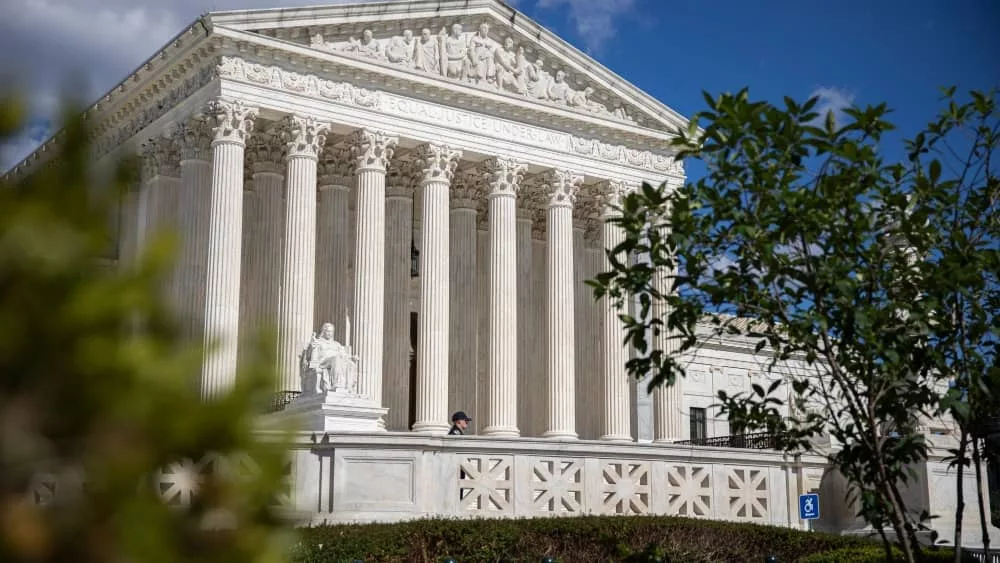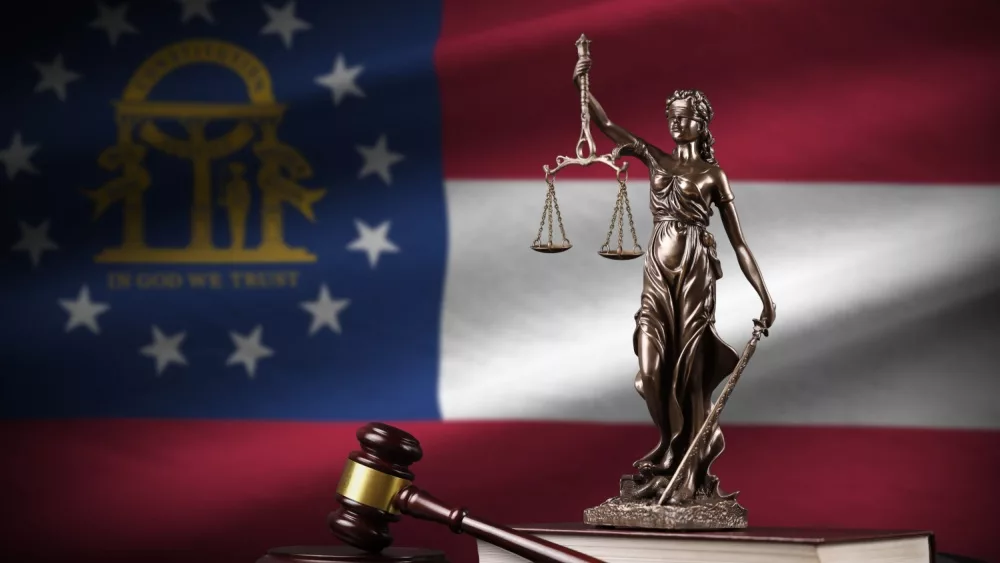The Supreme Court on Monday agreed to to decide the ongoing legal redistricting dispute in Louisiana that could determine whether the state maintains a congressional map that includes two majority-Black districts after the 2024 election. The court’s decision to hear the appeal from a group of Black voters and the state marks at least the third time it will be involved in the legal battle over voting lines for Louisiana’s U.S. House districts that were drawn after the 2020 Census. The high court is expected to begin hearing oral arguments before the end of its current term in June; it will have no impact on this year’s election.
According to court filings on behalf of Phillip Callais and 11 other plaintiffs, Louisiana “should be ashamed” of using race in order to draw congressional district lines that “over-represents Black voters” which could result in the loss of GOP control in the House of Representatives. However, state’s Solicitor General Benjamin Aguinaga wrote in court documents that Louisiana is “stuck in an endless game of ping-pong .. and the State is the ball, not a player, the state will be sued again no matter what it does.”
Louisiana’s Republican-controlled legislature had overridden a veto by Democratic Gov. John Bel Edwards over the state’s new congressional map. However after state officials and voting rights advocates had made an emergency judicial request in efforts to finalize the state’s congressional district map in order to meet required legal deadlines, in May the supreme court cleared the way for Louisiana to use its current map with two majority-Black districts for this year’s election.
In January, Louisiana lawmakers approved a new congressional map to increase the number of majority-Black districts to represent the state’s population (which is nearly 1/3 Black). The approval came after a 2022 Supreme Court ruling reinstated Louisiana’s Republican-drawn congressional map, which froze a lower court ruling that says the Republican map violated the Voting Rights Act. Currently, the map leans towards Republicans in districts held by House Speaker Mike Johnson and House Majority Leader Rep. Steve Scalise.
Editorial credit: Aashish Kiphayet / Shutterstock.com










